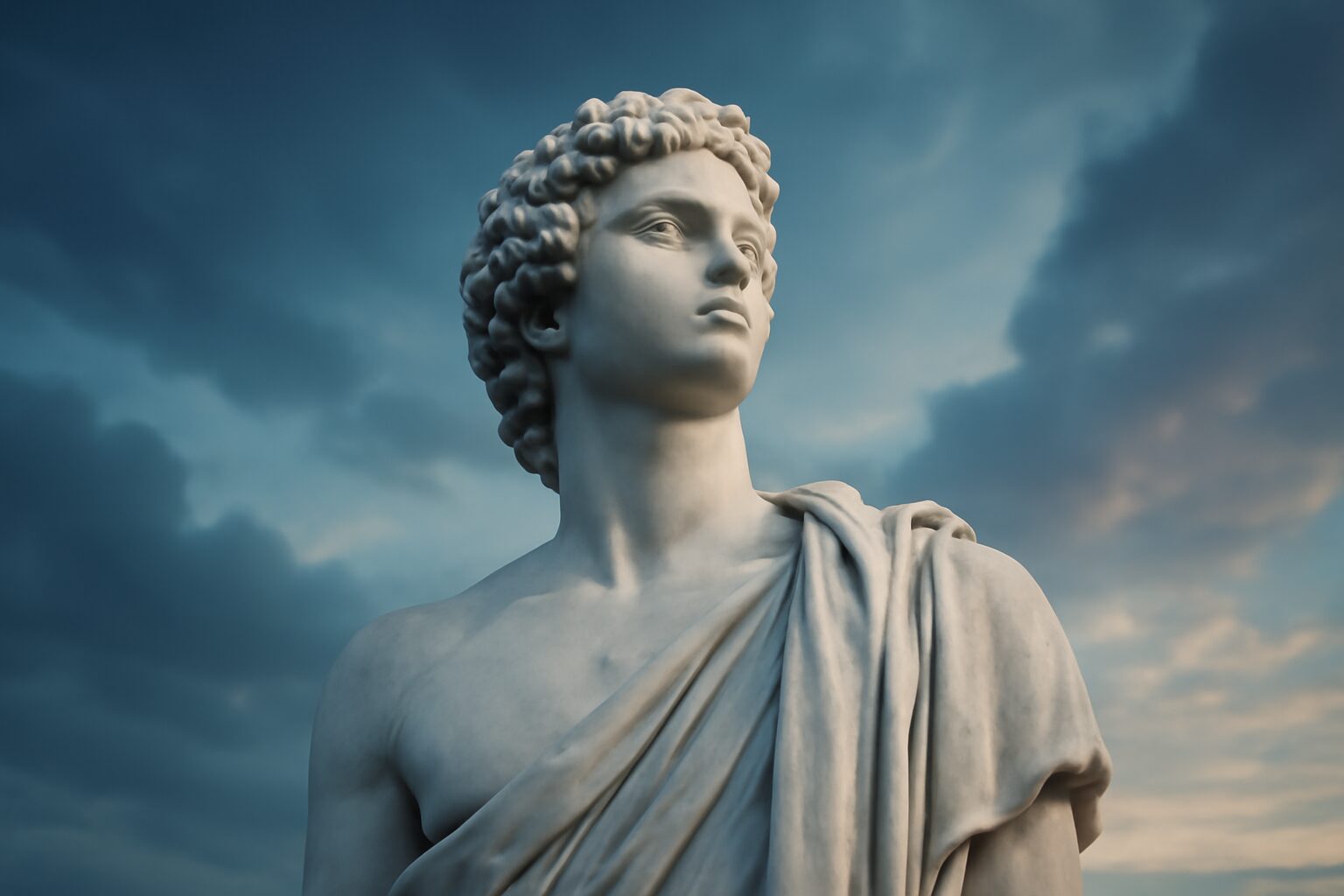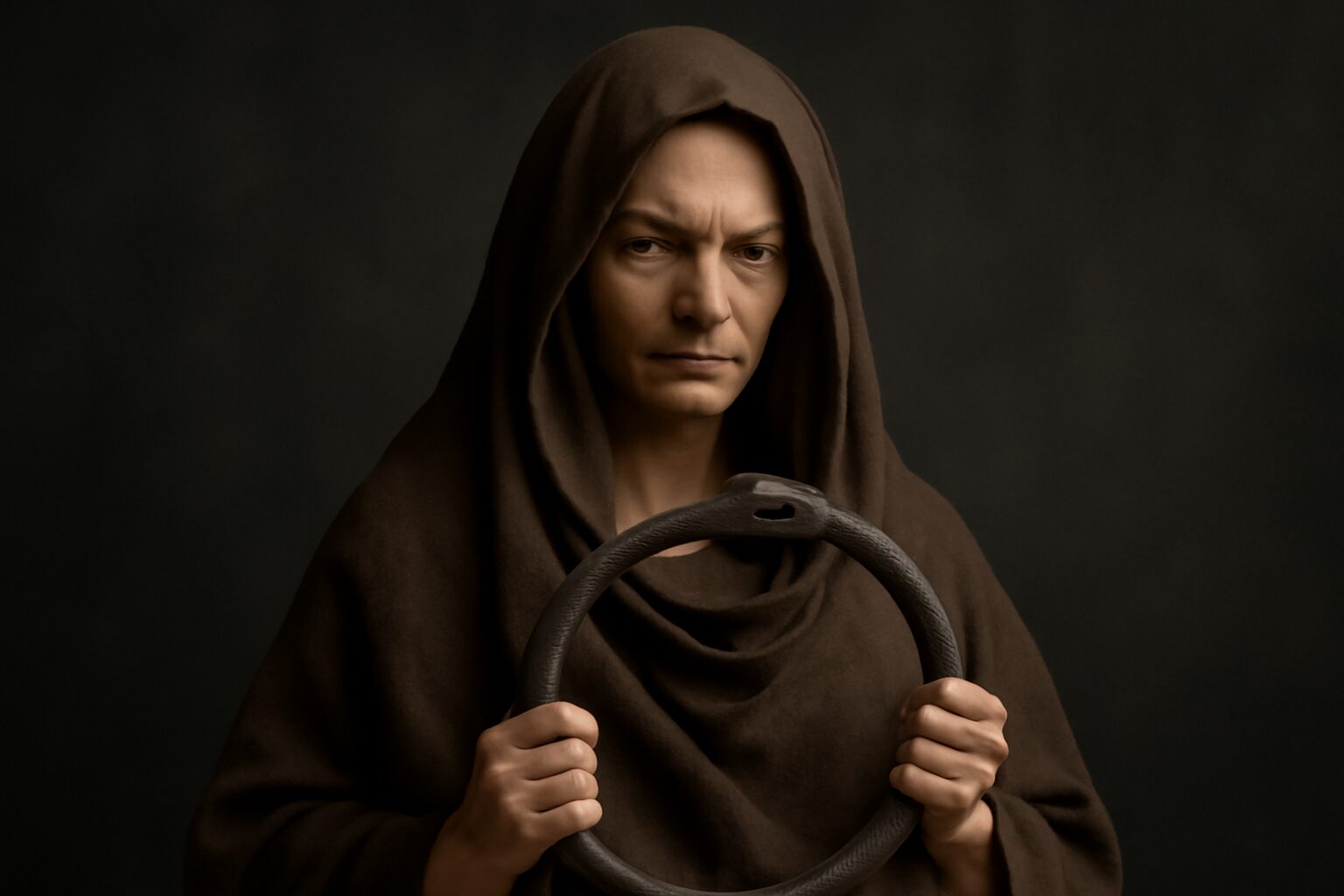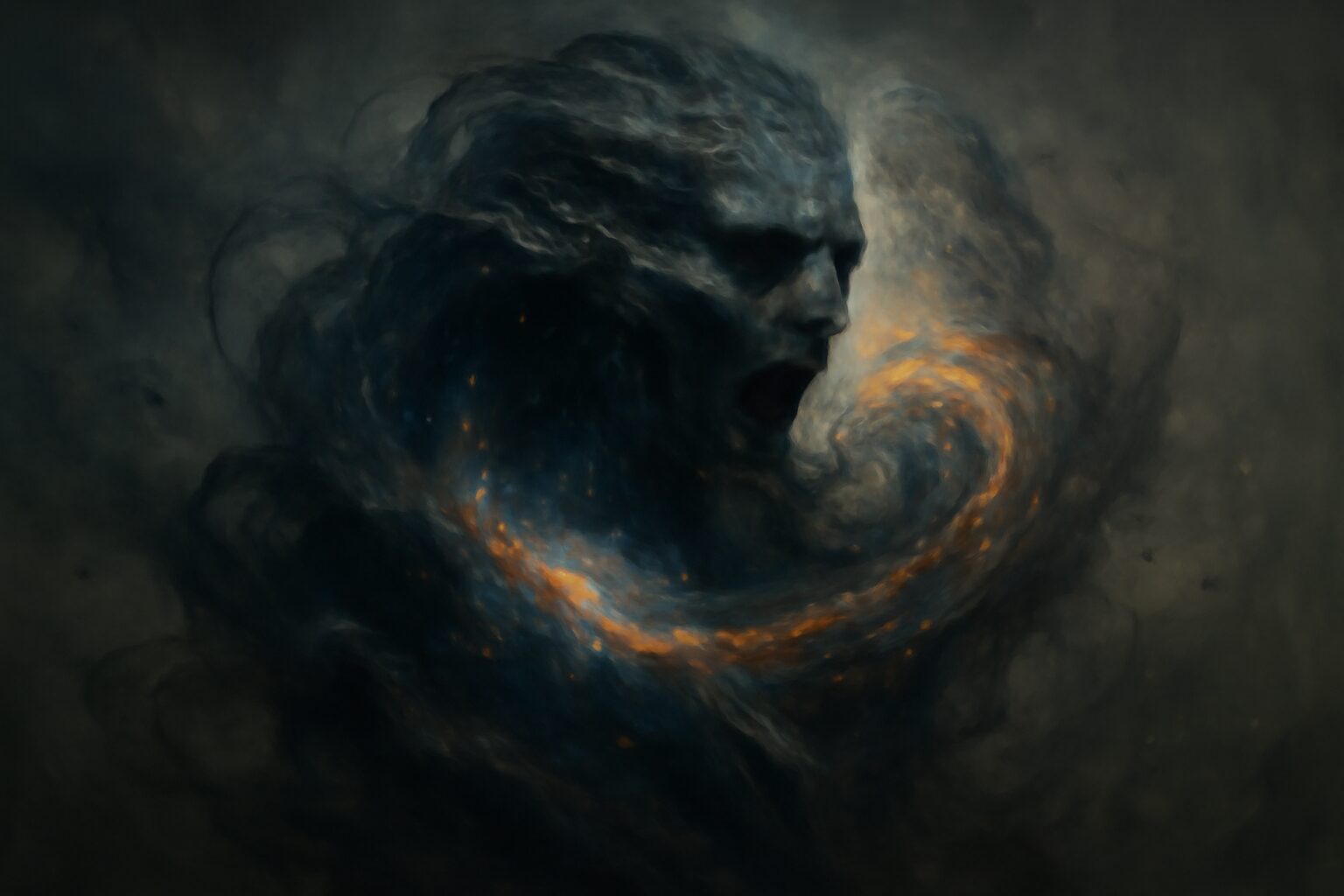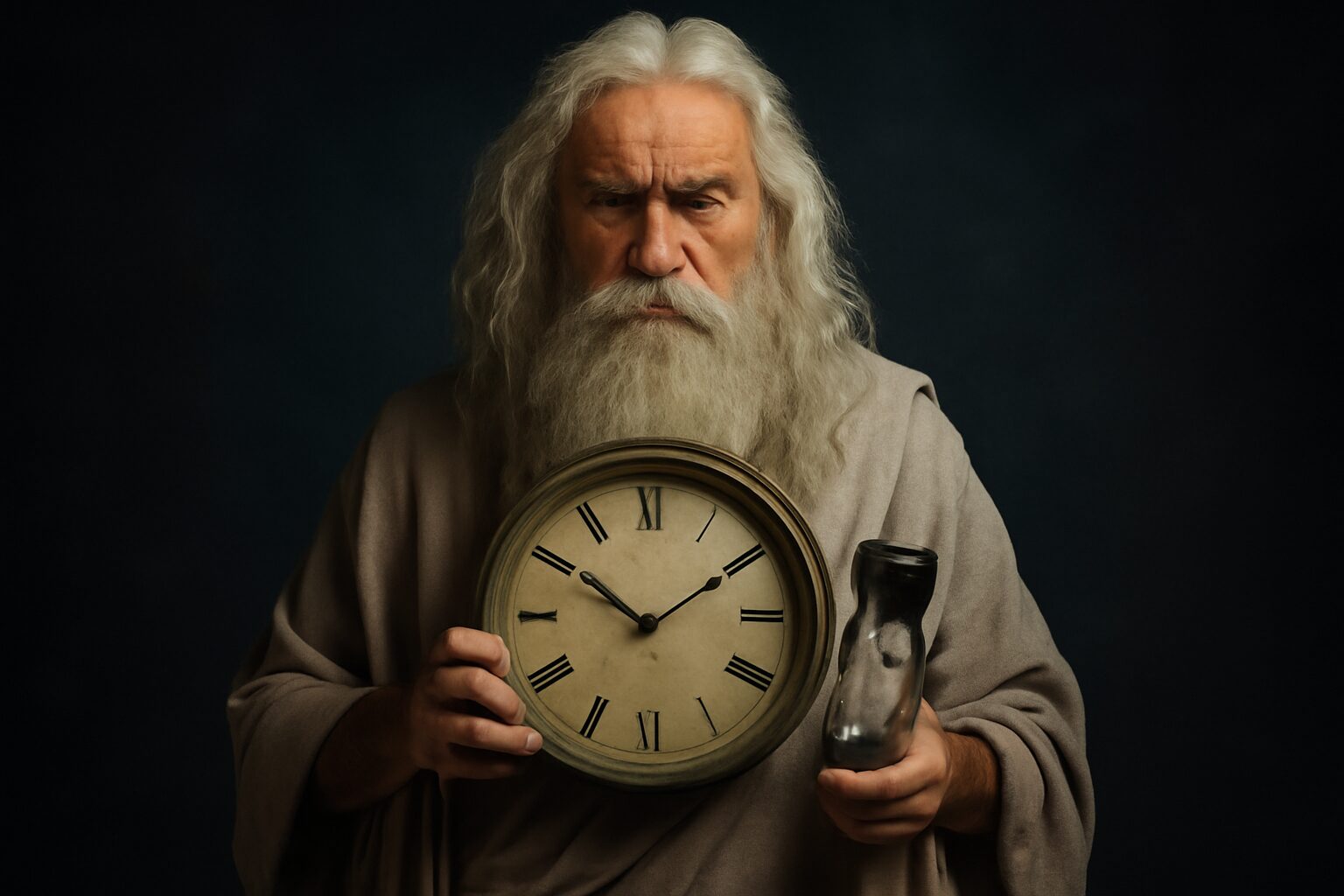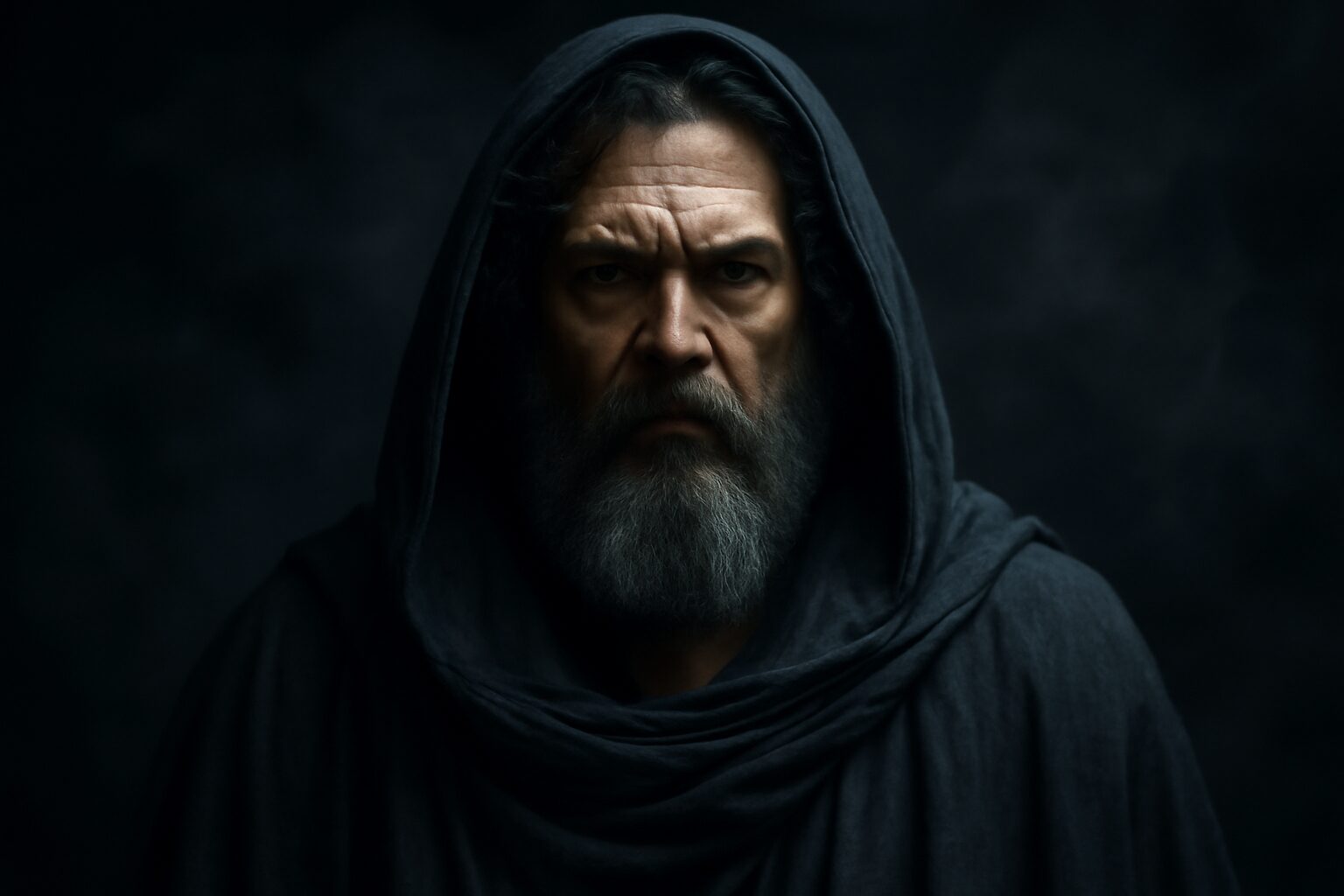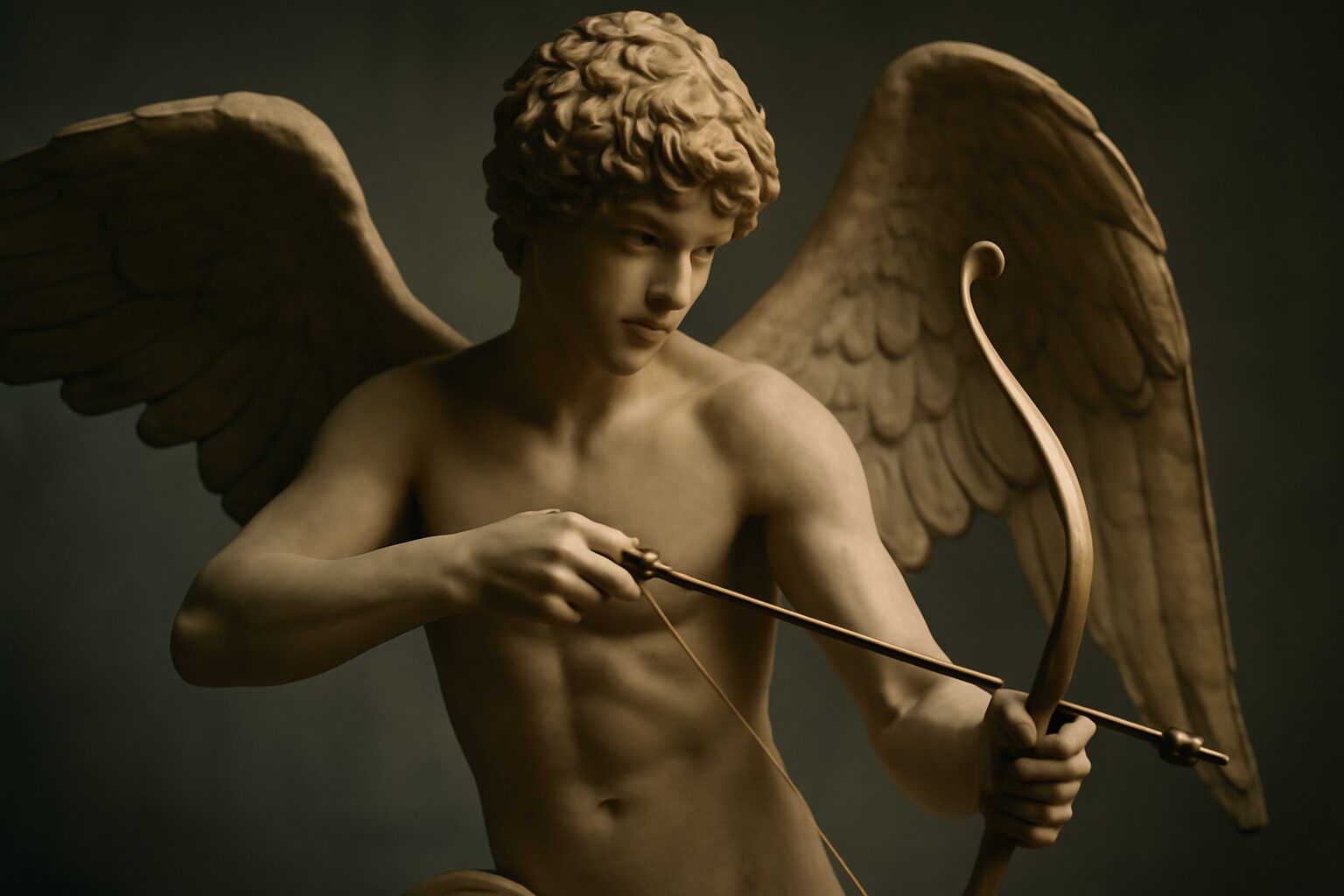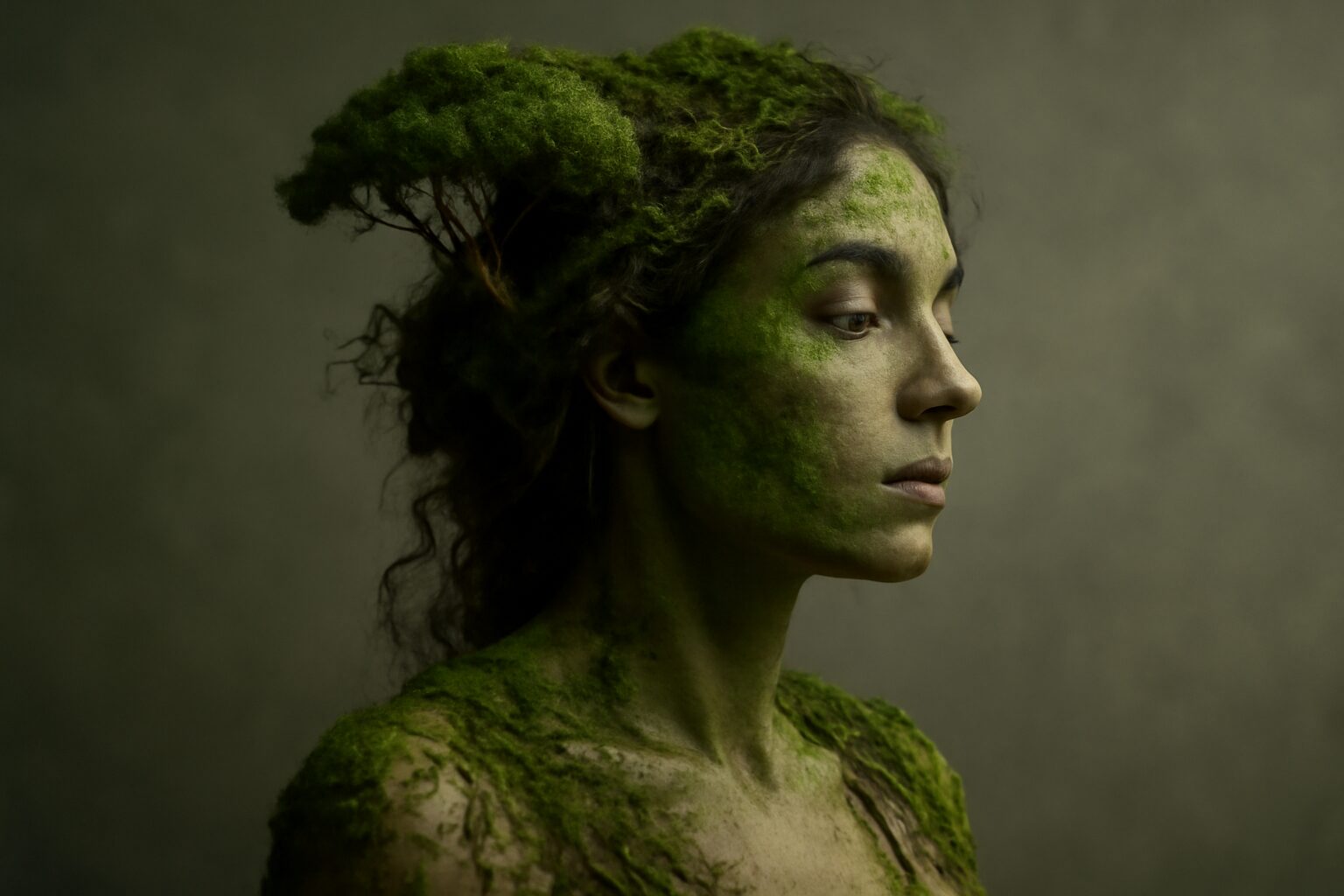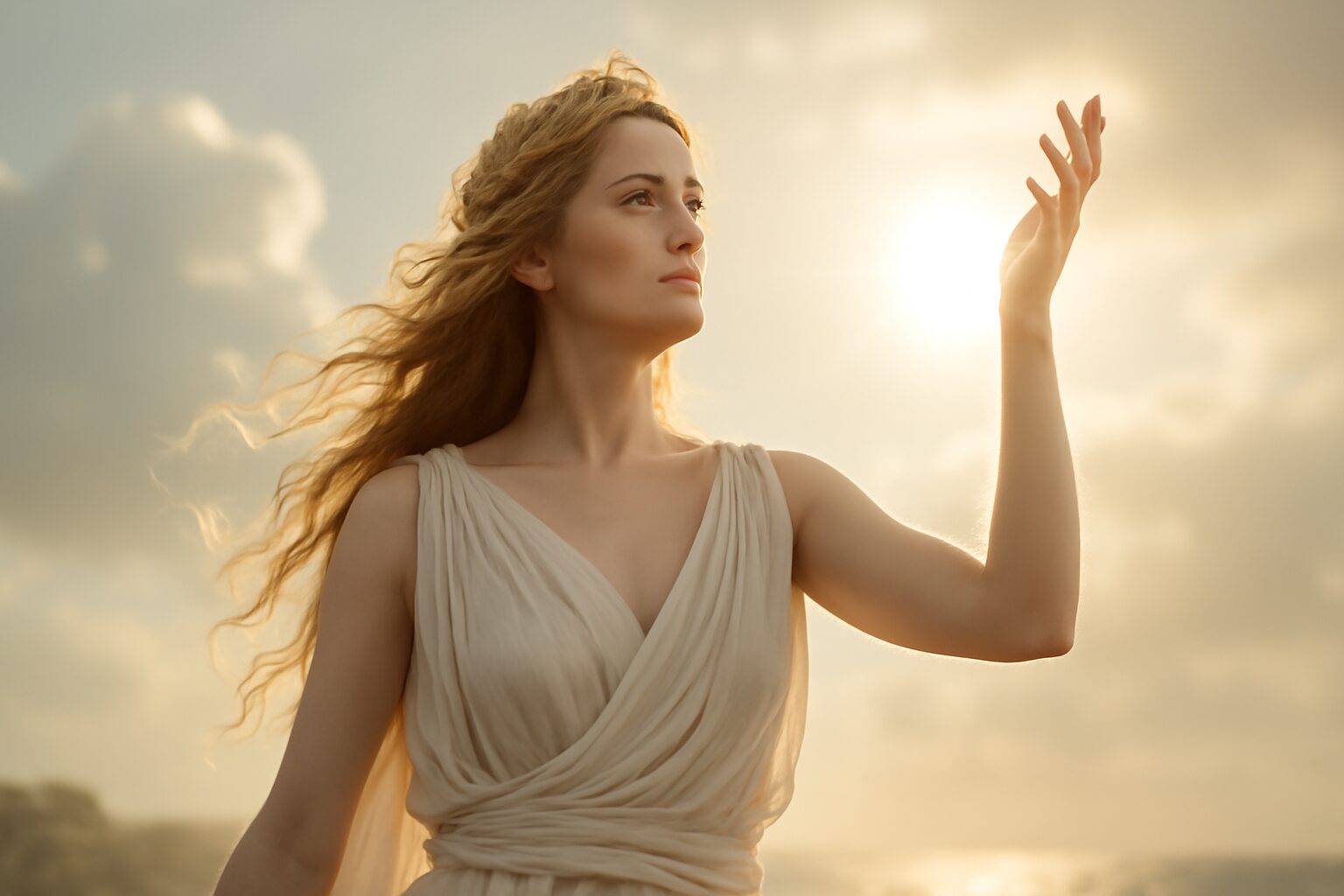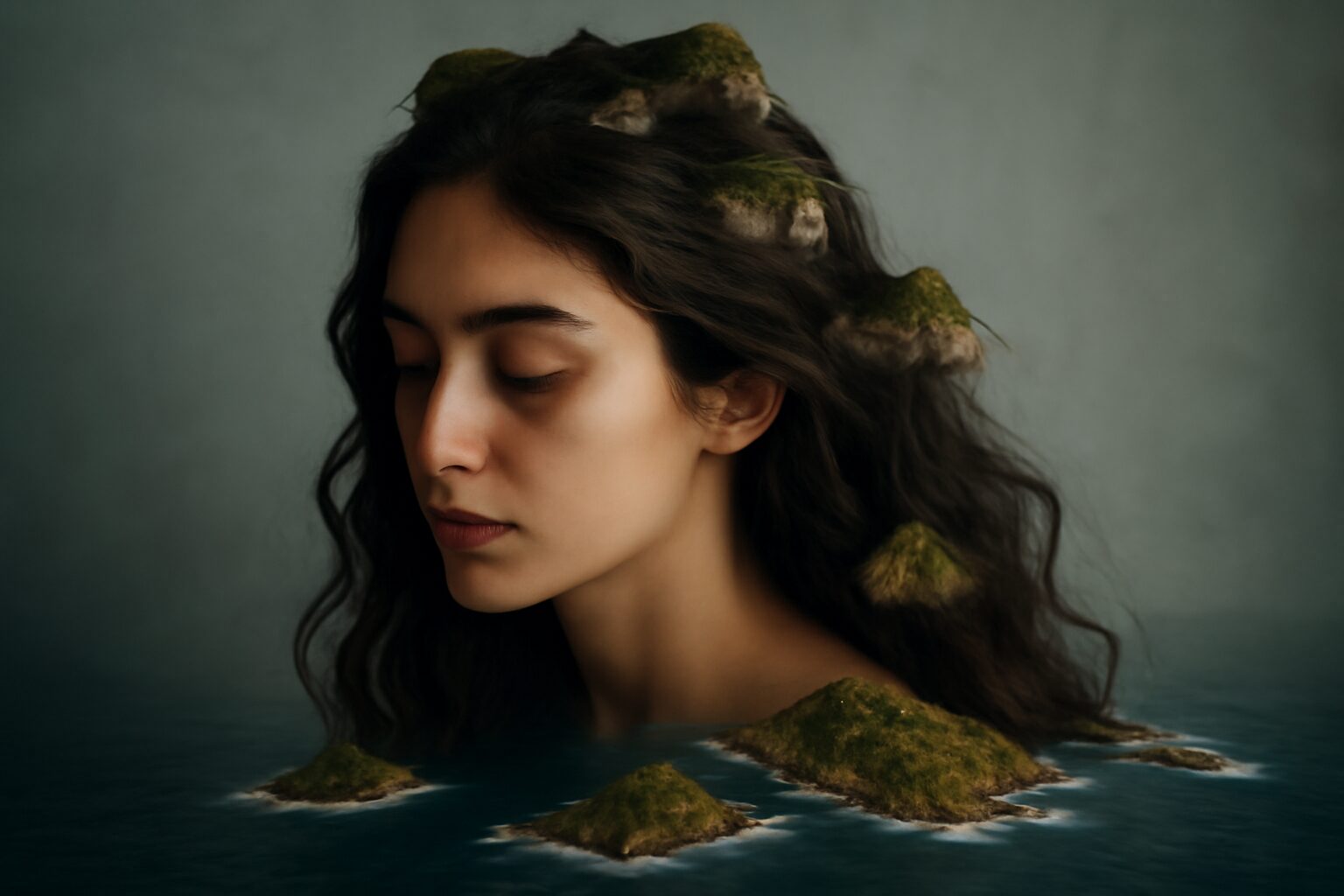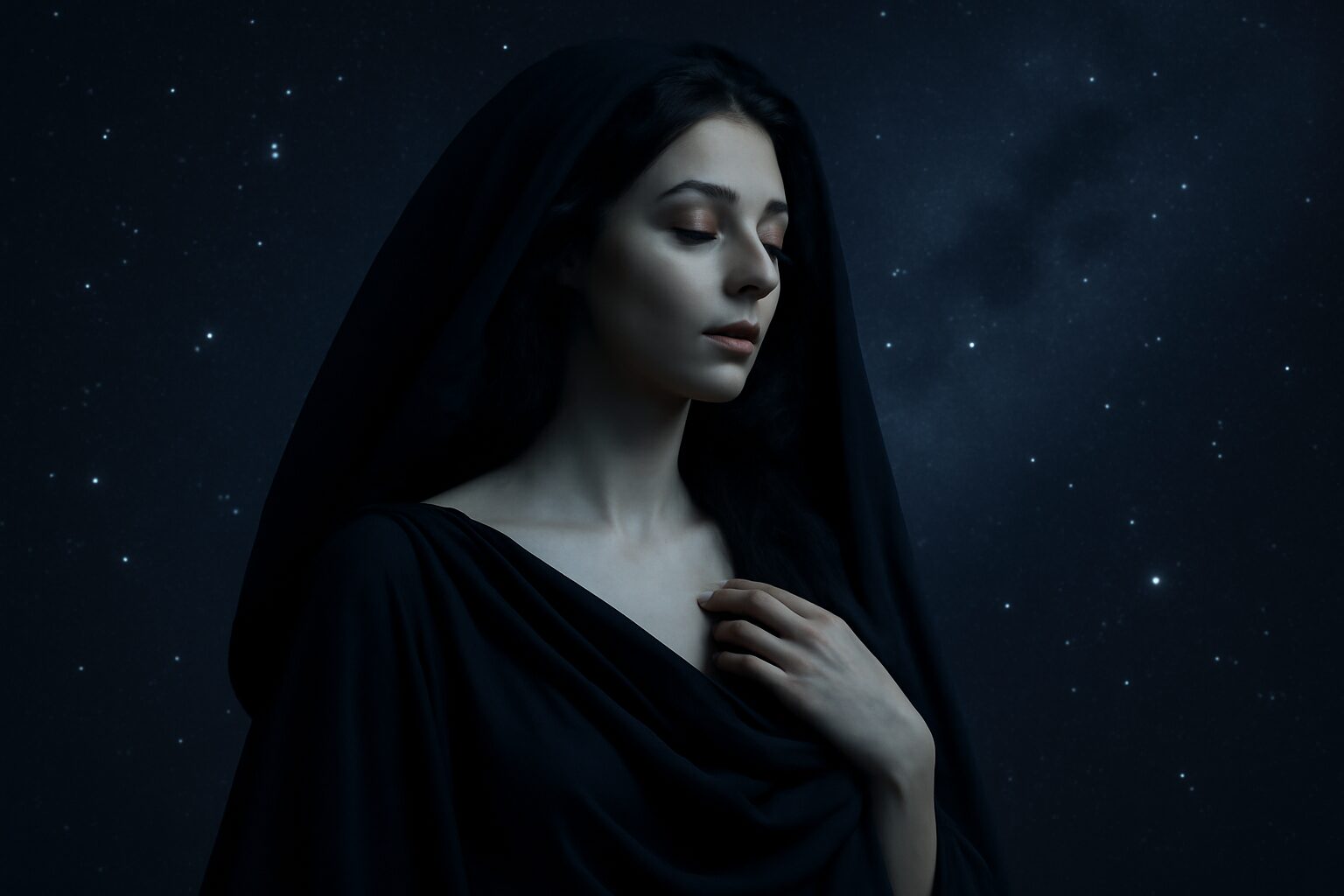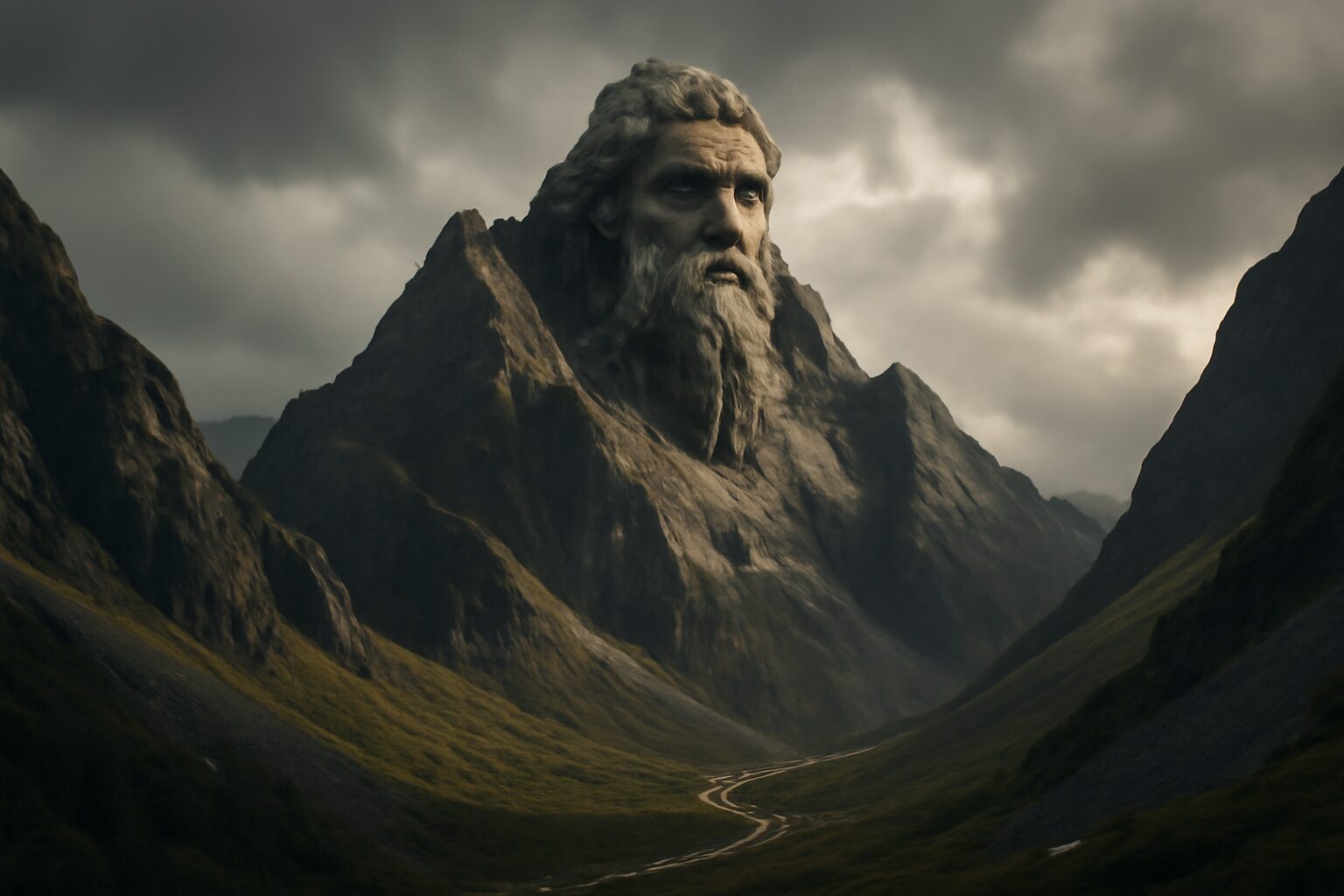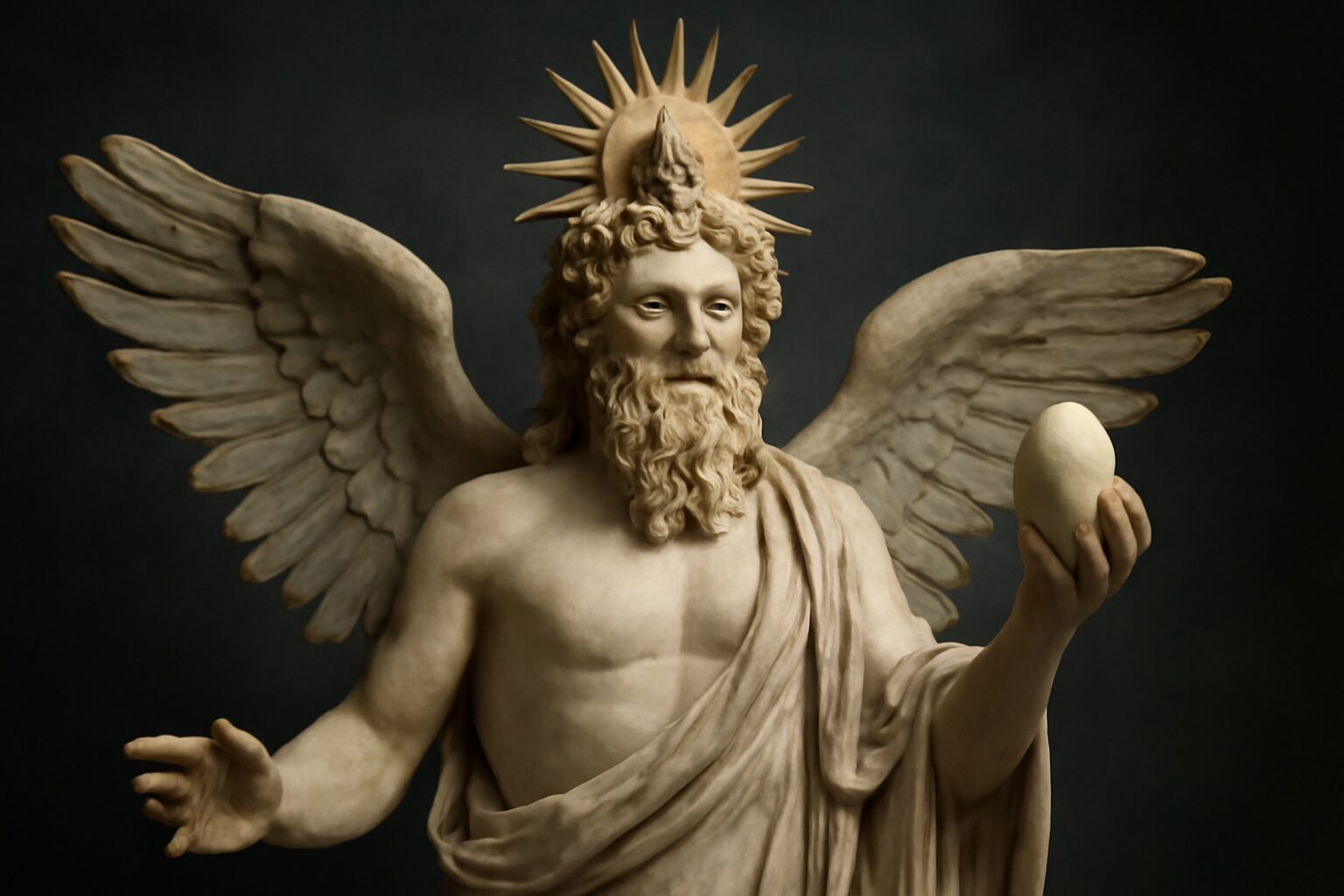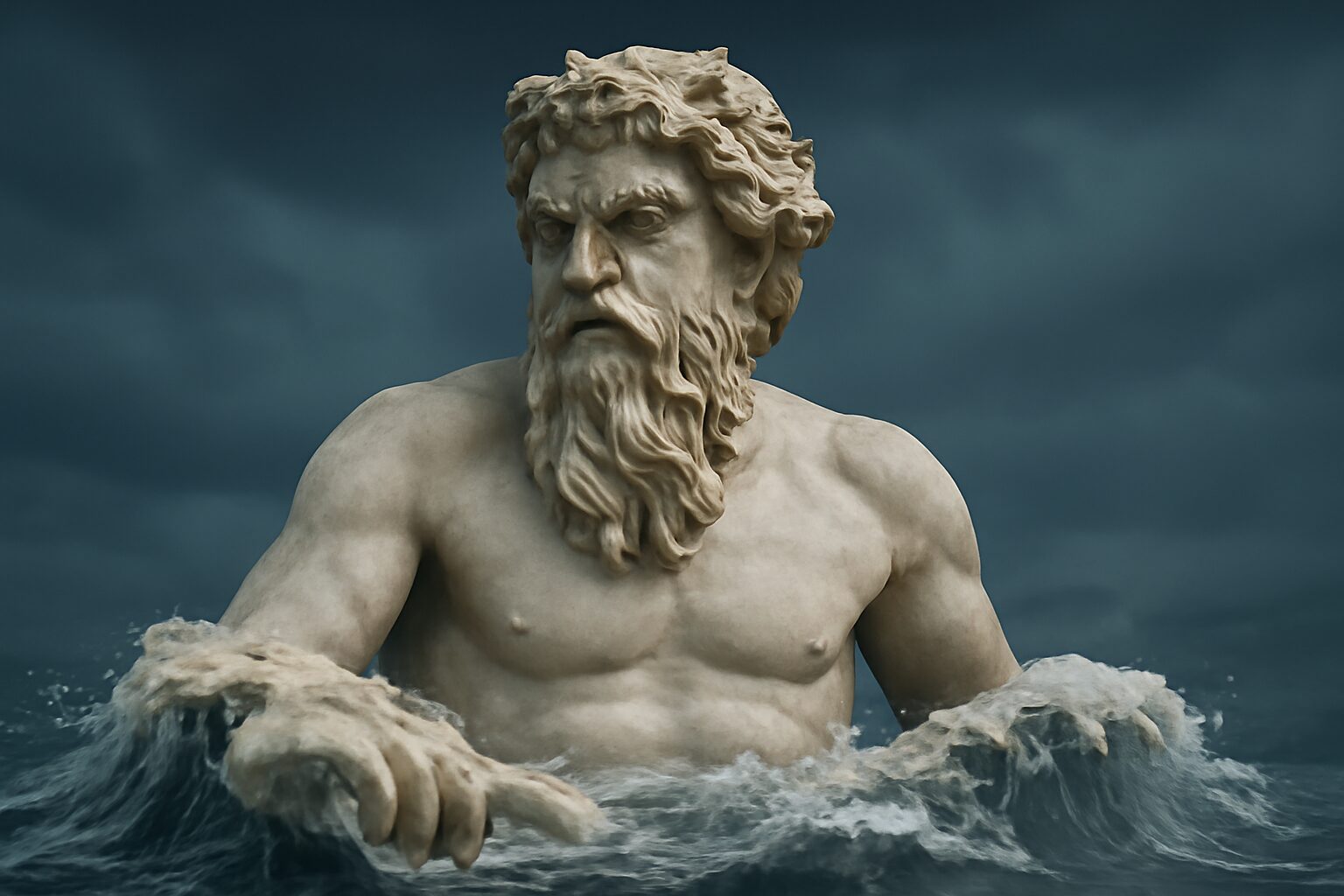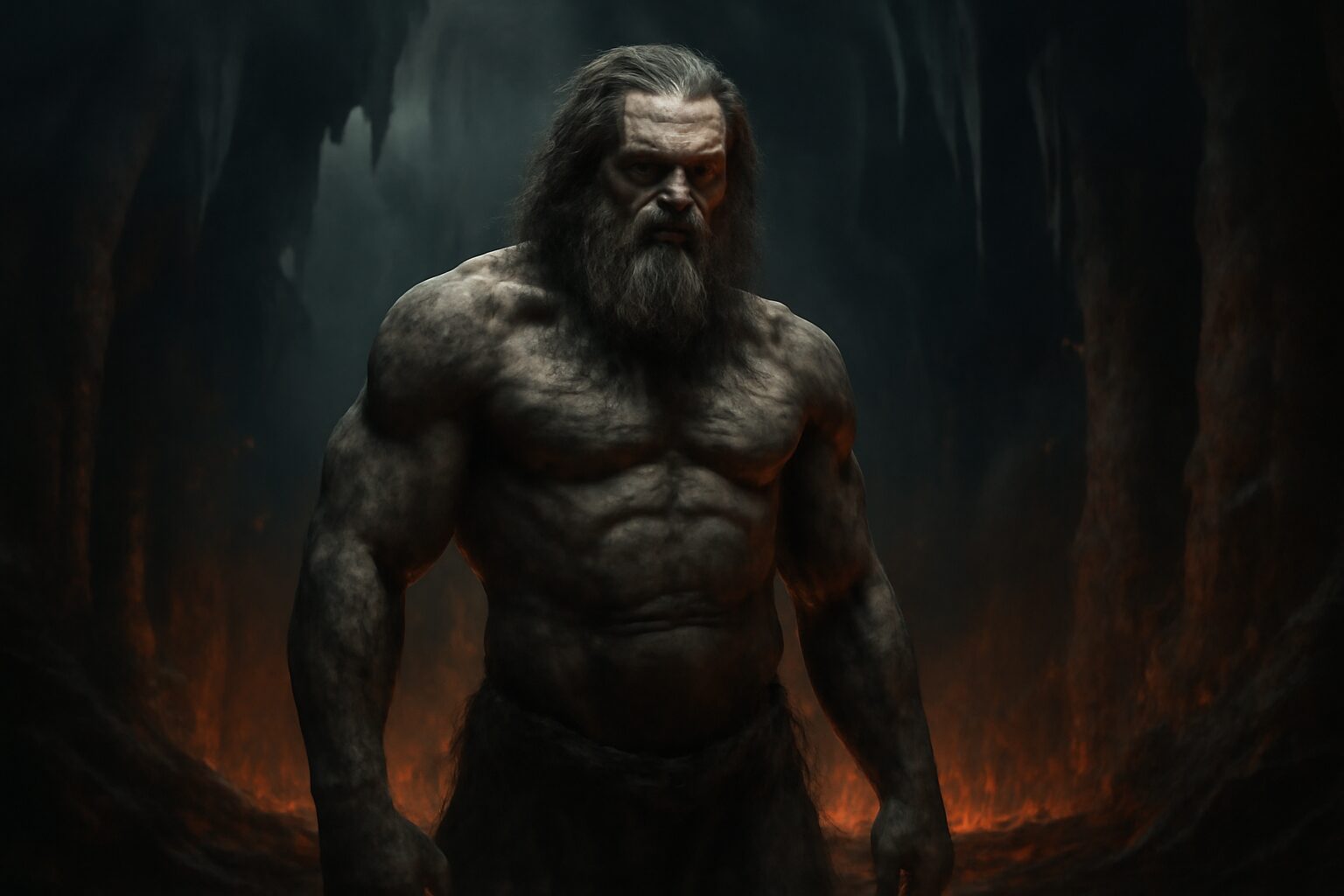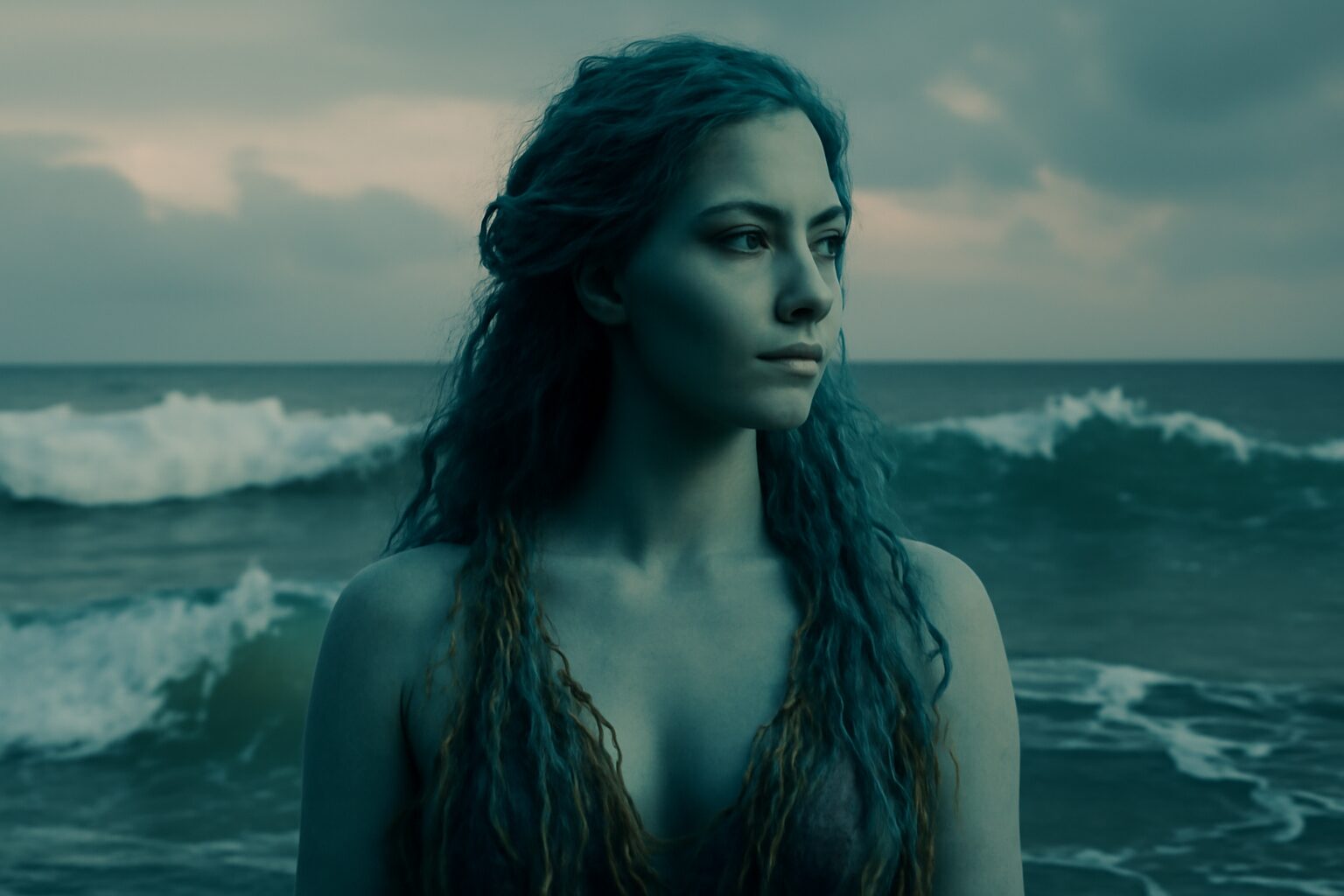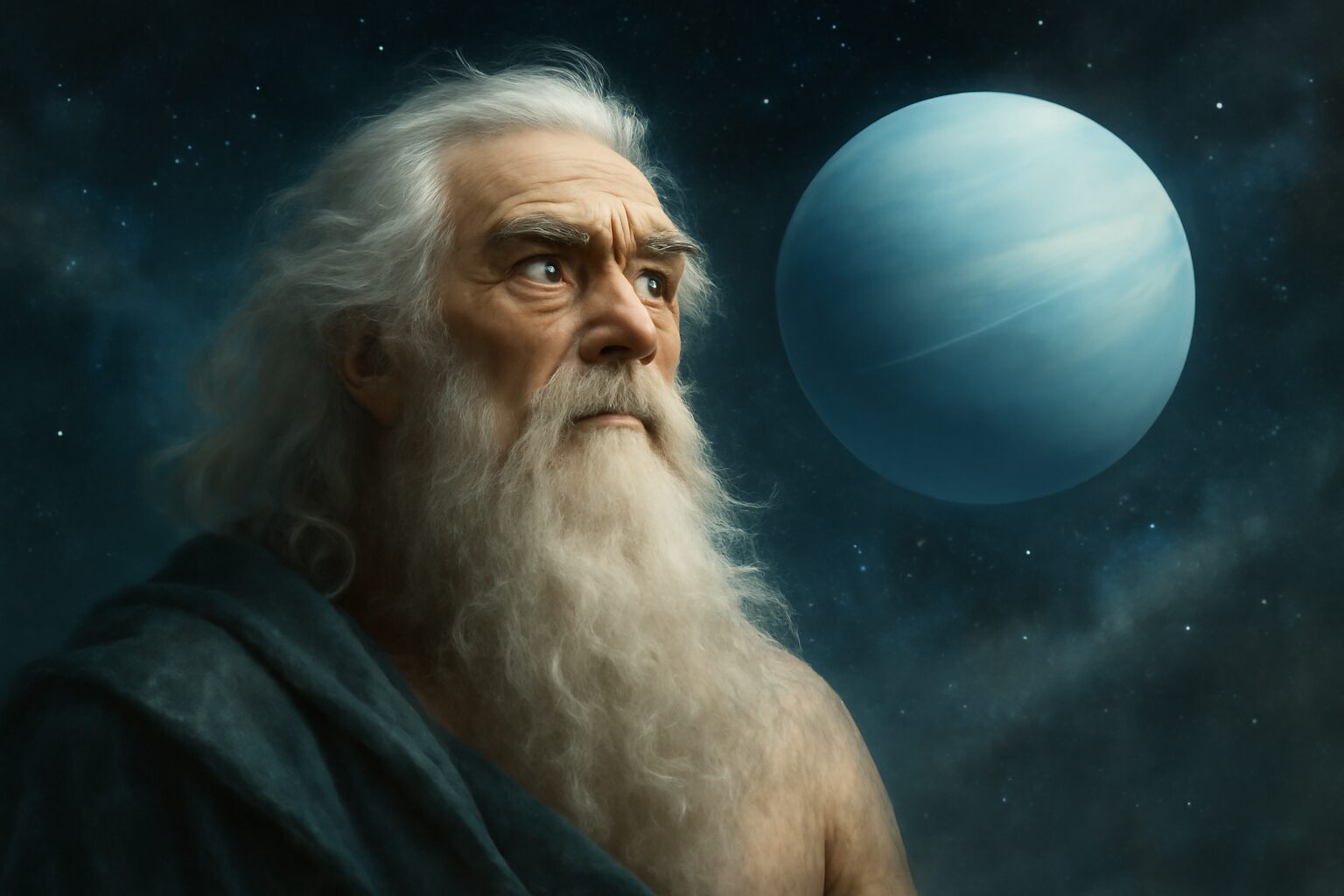Primordial Deities

Some Primordial Deities
Primordial Deities: The First Gods of Greek Mythology
In Greek mythology, the Primordial Deities, or Protogenoi, were the first beings to emerge at the creation of the universe. They personified fundamental aspects of the cosmos and laid the foundation for all subsequent gods, titans, and mortals. These entities were often depicted as elemental forces rather than anthropomorphic figures, representing the raw, untamed essence of existence.
Key Primordial Deities and Their Roles
- Chaos: The void from which all creation sprang, representing the formless state preceding the universe.
- Gaia (Gaea): The personification of Earth, who emerged from Chaos and gave birth to the sky, mountains, and sea.
- Uranus (Ouranos): The sky, born from Gaia, who became her consort and fathered the Titans, Cyclopes, and Hecatoncheires.
- Tartarus: The abyss beneath the underworld, both a deity and a place of punishment for the wicked.
- Nyx: The goddess of night, one of the first beings from Chaos, mother of many abstract concepts like Death and Sleep.
- Erebus: The personification of darkness, often associated with the shadowy realm between Earth and Hades.
- Aether: The pure upper air breathed by the gods, representing the bright, glowing atmosphere.
- Hemera: The goddess of day, daughter of Erebus and Nyx, who disperses the darkness each morning.
- Eros (Protogenos of Love): The primordial force of attraction and procreation, essential for the creation and union of beings.
- Chronos (Time): The personification of time, often conflated with the Titan Cronus but distinct as a primordial entity.
- Ananke: The goddess of inevitability, compulsion, and necessity, representing the inescapable forces of fate.
- Phanes: The deity of procreation and generation, often associated with the Orphic tradition as the first ruler of the universe.
- Pontos: The primordial sea, born from Gaia without a father, representing the Mediterranean and its power.
- Thalassa: The personification of the sea's surface, often considered the mother of fish and marine life.
- Nesoi (Islands): The goddesses of islands, born from Gaia to populate the seas.
- Ourea (Mountains): The deities of mountains, also children of Gaia, representing the rugged terrain of the Earth.
These primordial beings set the stage for the complex hierarchy of Greek gods, with their descendants including the Titans, Olympians, and countless other divine and monstrous figures. Their influence permeates all aspects of mythology, from creation stories to the forces that govern the natural and cosmic order.
Frequently Asked Questions
Who are the Primordial Deities in Greek mythology?
The Primordial Deities are the first gods and goddesses who emerged at the creation of the universe in Greek mythology. They represent fundamental aspects of the cosmos, such as Chaos (the void), Gaia (Earth), Tartarus (the Underworld abyss), Eros (Love), and Nyx (Night).
Why are the Primordial Deities important in Greek mythology?
The Primordial Deities are important because they represent the foundational forces of existence. They existed before the Olympian gods and created the framework of the universe that later gods and mortals would inhabit. Understanding them helps explain how the ancient Greeks viewed the origins of the world.
How are Primordial Deities different from Olympian gods?
Primordial Deities are more abstract and represent cosmic forces rather than having human-like personalities. The Olympian gods (like Zeus or Athena) came later, have human forms and personalities, and rule over specific domains like war or wisdom, while Primordials represent fundamental aspects of existence itself.
What can we learn from the Primordial Deities today?
The Primordial Deities show us how ancient cultures tried to explain the origins of the universe through storytelling. Their concepts of fundamental forces like chaos, earth, and night mirror how modern science describes the building blocks of reality, just through a mythological lens.
Are any Primordial Deities still worshiped today?
While formal worship of the Primordial Deities largely ended with ancient Greek religion, some modern pagans and Hellenic polytheists may honor them as part of their spiritual practice. However, they are primarily studied today as important figures in mythology rather than as active objects of worship.

